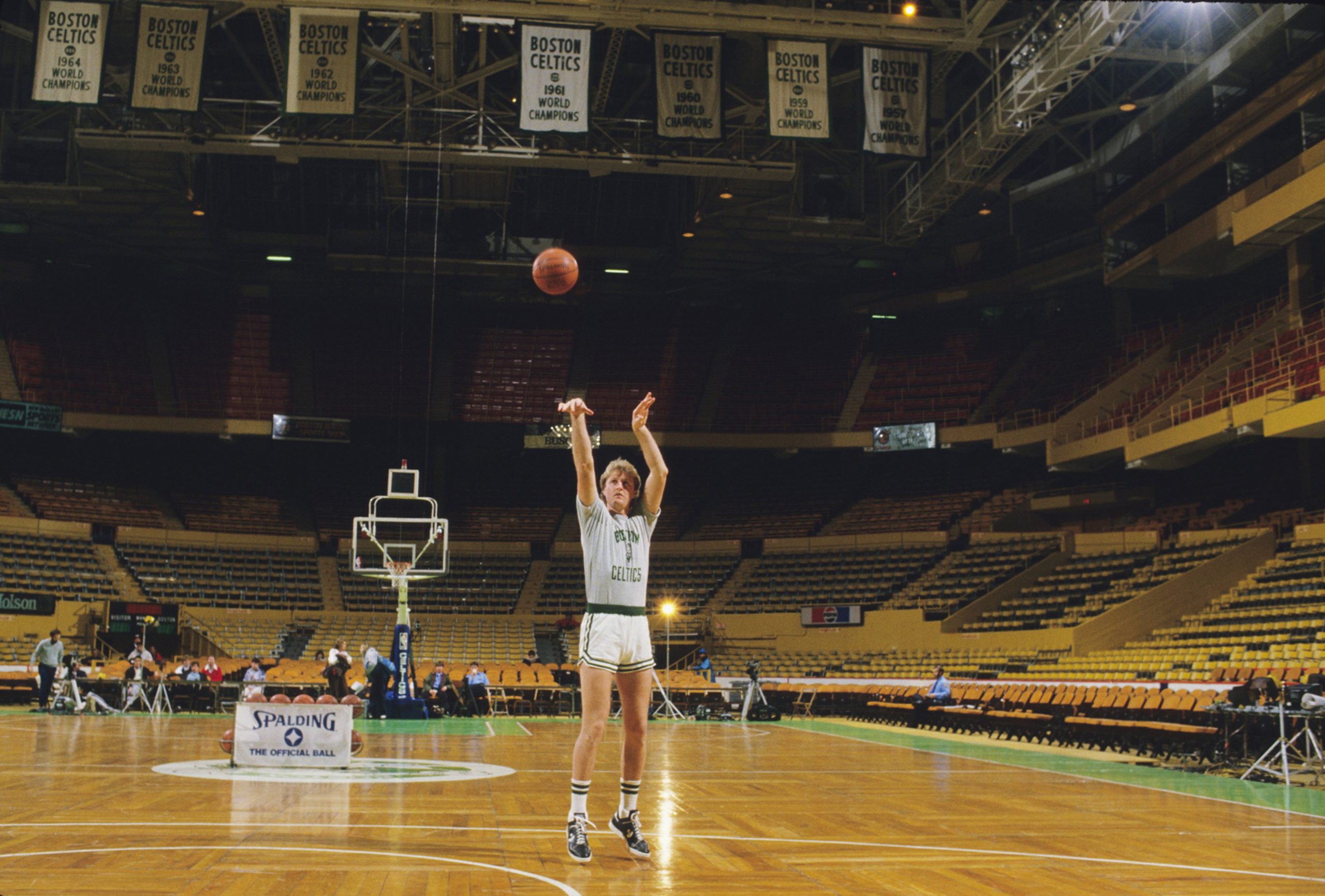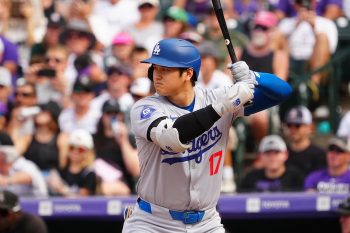NBA
The Boston Celtics Made an Unusual Move With Larry Bird That Set the Stage for Their 1986 Title

It was a move the Boston Celtics toyed with before, but it worked to perfection in the 1986 Eastern Conference Finals. In Game 4 against the Milwaukee Bucks, the Celtics made a move with their three-time MVP Larry Bird that helped complete the sweep and send Boston to the NBA Finals. It also came in handy as the Celtics knocked off the Houston Rockets for their third championship in the 1980s.
Larry Bird and the Boston Celtics had a magical run during the 1985-86 season

The Celtics came up short to the Los Angeles Lakers in the 1985 NBA Finals and wanted to make sure it didn’t happen again. Boston had relied too much on their starters and needed to get more production out of their bench. Bird, Kevin McHale, and Robert Parish made up arguably the best frontcourt in NBA history. Future Hall of Famer Dennis Johnson and Danny Ainge comprised the backcourt.
With four future Hall of Famers in the backcourt, the 1985-86 Celtics had arguably the best starting five of all time. They became even more dangerous when they added veteran big-man Bill Walton to come off the bench.
They were a bunch of talented individuals but worked much better as a team.
“Everybody played off each other,” McHale said in a video by the Boston Celtics commemorating the 1986 title. “Everybody could pass, and everybody moved. We had great spacing. We just had an entire group of guys that understood spacing and movement.
“In the end, us being a great team meant much more than any individual. Had we all been on different teams, we would’ve scored more but won less.”
Bird was the star that made everyone around him better. He finished the season with his third straight MVP honor.
The Boston Celtics made a move with Larry Bird that proved dangerous to their opponents
The Celtics cruised through the regular season, winning 67 games before reaching the postseason in ’86. Boston posted a sweep of the Chicago Bulls in a series that saw Michael Jordan become the star everyone knows him as today. Despite his 63 points in Boston, the Celtics won three straight to earn a semifinal matchup with the Atlanta Hawks.
The Hawks handed Boston its lone postseason loss until the Celtics reached the NBA Finals. After beating the Hawks 4-1, the Celtics swept the Bucks in the Eastern Conference Finals. It was in Game 4 when Boston made a move with Bird that played a key role in the NBA Finals.
In that fourth game, Johnson fouled out and the Celtics decided to go to their “Lumberjack Lineup,” as United Press International called it.
Celtics coach K.C. Jones decided to replace Johnson with the 7-foot Walton and then move the 6-foot-9 Bird to guard. Bird and Ainge, who is 6-foot-5, were in the backcourt. Walton and Parish, two 7-footers, teamed with the 6-foot-1 McHale in the frontcourt. It’s a move they had used before, and it created matchup nightmares.
“It’s something that has worked for us before,” Jones said, per UPI. “So when Dennis fouled out, we just put Larry at guard.”
The move secured the sweep of the Bucks and frustrated Milwaukee coach Don Nelson.
“I wish everybody would know how tough it is to score inside when they want to shut you down,” Nelson said. “They are a very, very good basketball team — well-coached.”
The ‘Lumberjack Lineup’ also presented problems for the Houston Rockets in the NBA Finals
After the Celtics swept the Bucks, they had a week of rest as they waited for the winner of the Rockets/Lakers series. The Rockets advanced, and the Celtics were faced with the twin towers of Hakeem Olajuwon and Ralph Sampson.
While the Celtics’ starting five continued to eat up plenty of minutes in the Finals, Walton saw significant time, averaging nearly 20 minutes per game. He played 28 minutes in a Game 5 loss.
Boston had very little trouble with the Rockets, winning the first two games at home by an average of 16 points. They earned a Game 4 win in Houston before closing out the series at home with a 114-97 Game 6 win at the Boston Garden.
Bird later admitted that 1985-86 team was one he would put up against any other. They dominated the regular season and postseason with or without that “Lumberjack Lineup.”











